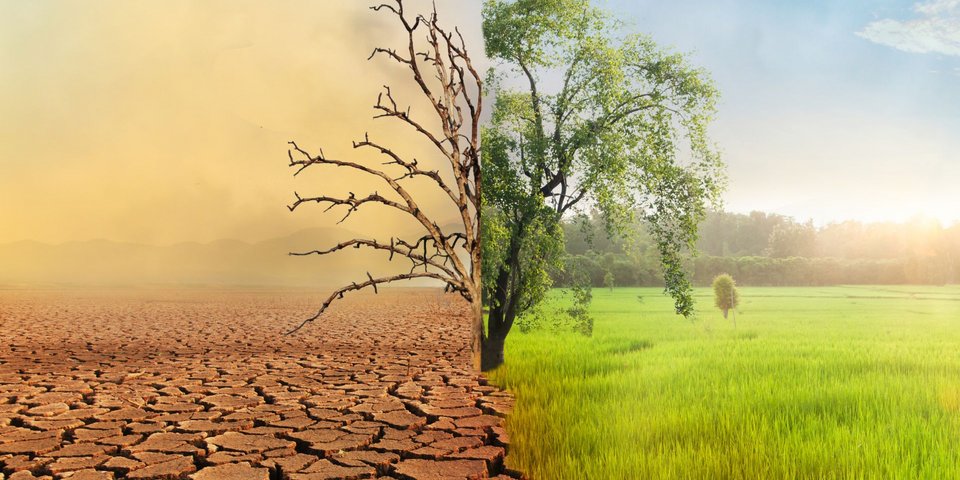 Getty Images/piyaset
Getty Images/piyaset
Climate change – a question of socio-political justice?
The transition to a climate-neutral society entails major social challenges for certain population groups, especially for those who are already in a precarious situation or are threatened by it. People with low social status are more exposed to the impacts of climate change in their living, housing and working environments.
ed* Nr. 01/2023 – Chapter 4
They are more affected by chronic diseases and ailments, are less able to assess their own health and health-related quality of life, and have an increased risk of premature mortality.1 Inaction in the area of climate and environmental policy would therefore primarily affect the standard of living, health and well-being of vulnerable groups.2
Measures taken in many Member States to achieve climate targets, such as incentive taxes – which include pricing CO2 emissions and higher thermal building standards – have a greater impact on low-income households. These spend proportionately more of their income on energy and an increase in CO2 prices burdens them proportionately more. Their options to adjust consumption patterns or move to an energetically better flat are limited. They also often do not have the financial resources to take advantage of tax incentives or government premiums.
At the same time, their household members are already more affected by the direct consequences of climate change than the average population.
They are often employed in jobs that are exposed to environmental conditions, such as in the construction sector. Everyday goods, which are difficult to substitute with other products when prices fluctuate, are much more important for these households. Climate policy issues thus often go hand in hand with social justice issues. They are therefore closely linked to occupational safety and health, prevention, care, medical care as well as adequate old-age provision.

